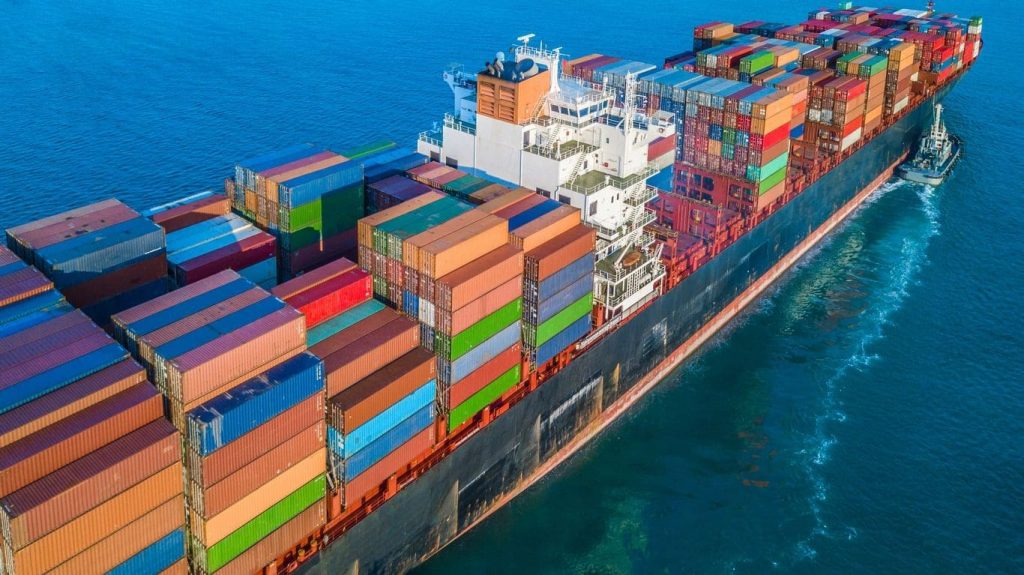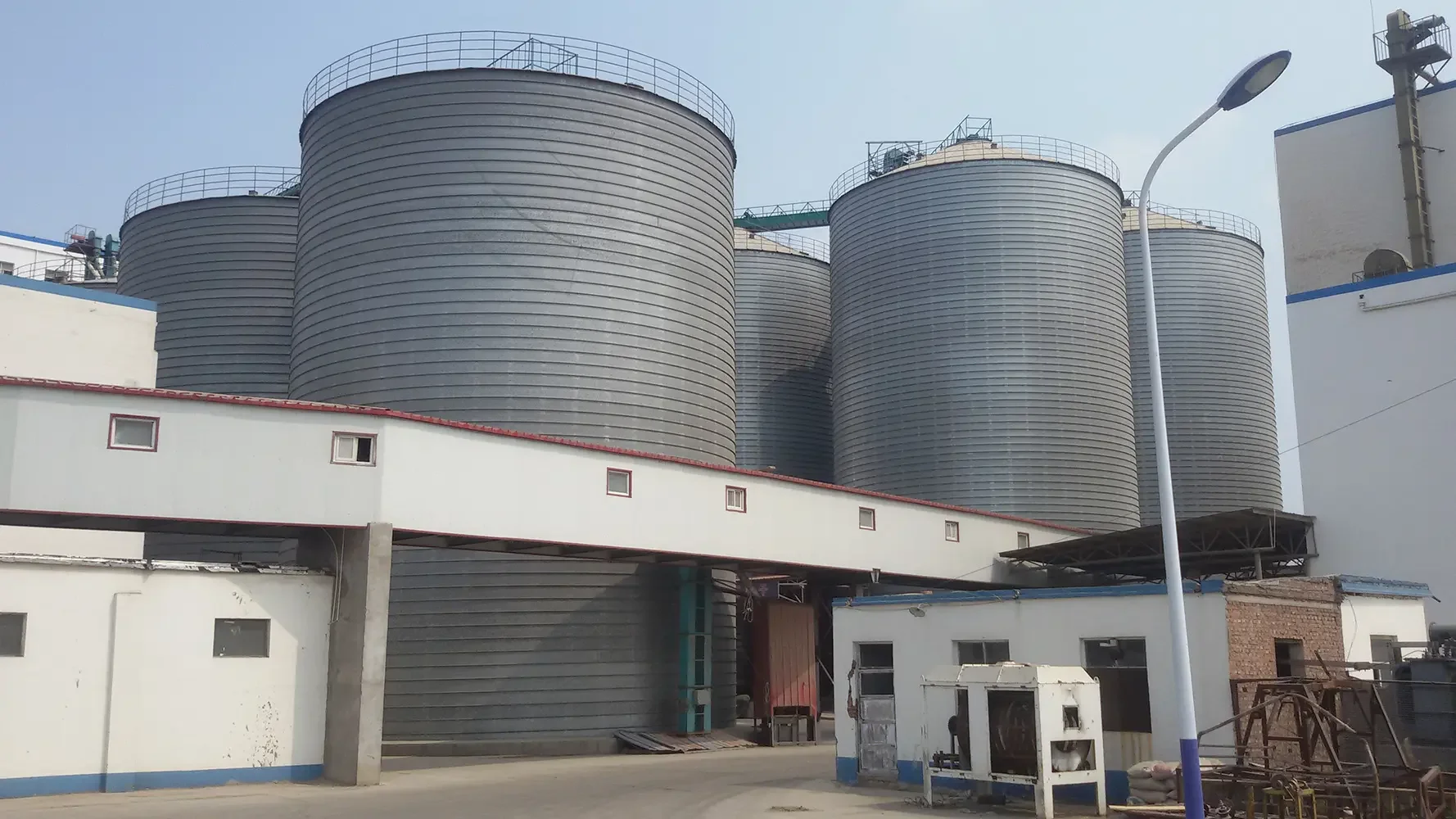
In today's interconnected world, international trade has become the backbone of the global economy. As businesses expand their reach across borders, the need for efficient and reliable transportation of goods has never been more crucial. This is where freight forwarding services play a pivotal role. In this blog post, we will delve into the intricacies of freight forwarding services, exploring their significance, functions, and how they revolutionize global trade.
- Understanding Freight Forwarding Services:
Freight forwarding services encompass a range of activities involved in the transportation of goods from one location to another. These services act as intermediaries between shippers and carriers, coordinating the entire logistics process. From documentation and customs clearance to cargo consolidation and route optimization, freight forwarders ensure seamless movement of goods across borders. - Key Functions of Freight Forwarders:
2.1. Documentation and Customs Compliance:
Freight forwarders possess expertise in handling the complex documentation required for international shipments. They navigate through the intricacies of customs regulations, ensuring compliance and minimizing delays. By managing paperwork, such as bills of lading, commercial invoices, and certificates of origin, freight forwarders streamline the shipping process.
2.2. Carrier Selection and Negotiation:
Freight forwarders leverage their extensive network of carriers to select the most suitable transportation mode for each shipment. Whether it's by air, sea, road, or rail, they negotiate competitive rates and secure space on vessels or planes. This expertise enables businesses to optimize costs and transit times while ensuring the safe delivery of goods.
2.3. Cargo Consolidation and Packaging:
Freight forwarders often consolidate multiple shipments into a single container, maximizing space utilization and reducing shipping costs. They also provide packaging solutions, ensuring goods are adequately protected during transit. By optimizing cargo consolidation and packaging, freight forwarders enhance efficiency and minimize the risk of damage.
2.4. Route Optimization and Tracking:
Freight forwarders utilize advanced technology and industry knowledge to optimize shipping routes. By considering factors such as distance, transit times, and customs requirements, they ensure the most efficient and cost-effective delivery. Additionally, freight forwarders provide real-time tracking systems, allowing businesses to monitor the progress of their shipments.
- The Advantages of Freight Forwarding Services:
3.1. Expertise and Industry Knowledge:
Freight forwarders possess in-depth knowledge of international trade regulations, customs procedures, and transportation logistics. Their expertise helps businesses navigate complex processes, ensuring compliance and minimizing risks.
3.2. Time and Cost Efficiency:
By leveraging their network of carriers and optimizing shipping routes, freight forwarders help businesses save time and reduce transportation costs. They handle the complexities of logistics, allowing companies to focus on their core competencies.
3.3. Risk Mitigation:
Freight forwarders provide insurance options to protect goods against loss or damage during transit. They also offer contingency plans and alternative routes in case of unforeseen circumstances, mitigating risks and ensuring business continuity.
Conclusion:
Freight forwarding services are the backbone of global trade, facilitating the movement of goods across borders with efficiency and reliability. From documentation and customs compliance to route optimization and cargo consolidation, freight forwarders play a vital role in streamlining the logistics process. By leveraging their expertise, businesses can unlock the full potential of international trade, expanding their reach and driving economic growth.




